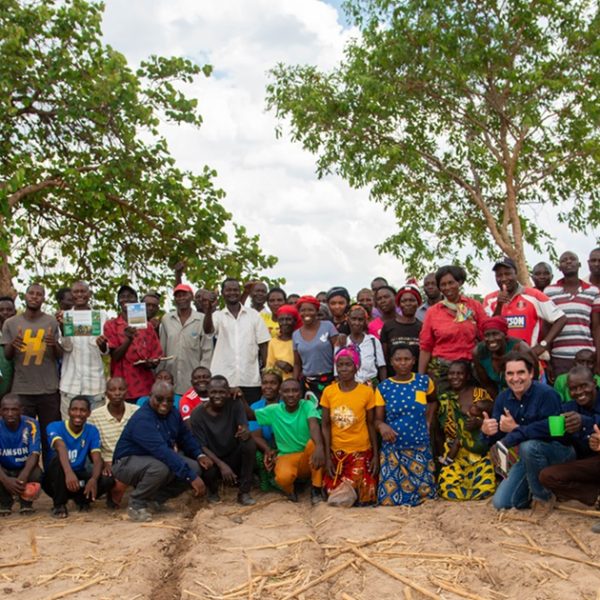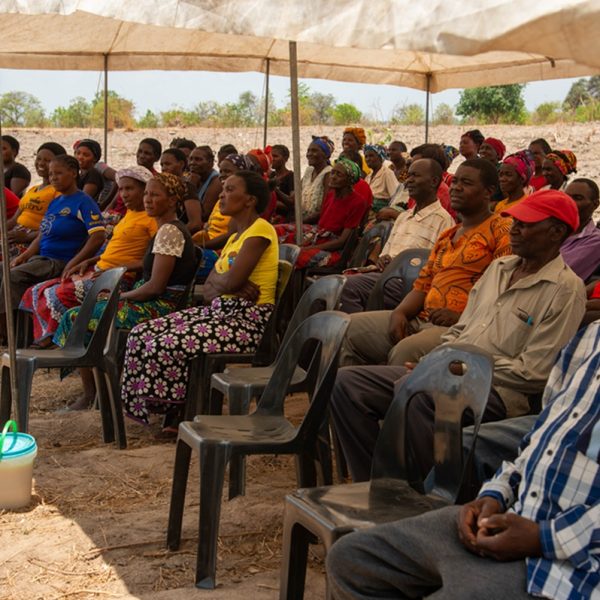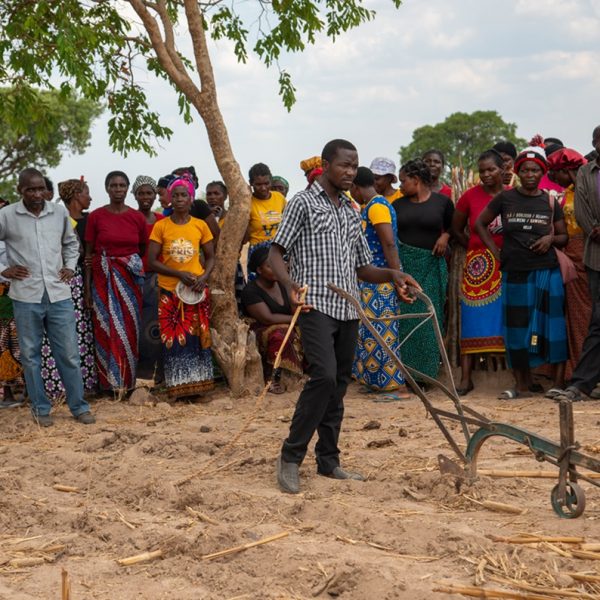Zambian Breweries joined farmers of Zimba in Southern Province of Zambia, with representation from Ministry of Agriculture and other stakeholders to officially flag off the 2023-24 sorghum planting season, marking its commitment to sustainability and the local sourcing of raw materials.
Alfred Sianjase, District Agricultural Coordinator from the Ministry of Agriculture, relayed government’s desire to see more small-scale farming undertakings in the area transformed into viable and sustainable businesses. He further acknowledged the vital role of agriculture in job creation and highlighted the economic benefits that sorghum farming in Zimba would bring to the district and the country as a whole.
“Such opportunities are rare. We therefore urge our farmers to grasp this and use it wisely. The idea is for the farmers to produce profitably. You will be able to improve your income at household level. When there is improvement in household income, there is also improvement in the district’s economic welfare, which ultimately develops the country economically,” Mr Sianjase said.
Five years ago, ZB initiated a partnership with 200 farmers in the region. Today, the sorghum program is very instrumental in equipping farmers with essential inputs and vital sorghum cultivation skills through conservation farming that benefits over 1500 farmers. This program has enabled them to thrive in modern agriculture while also providing a critical ready market, thereby fostering financial inclusion, and contributing to rural development and empowerment.
Eagle Lager, renowned for its quality and affordability, relies on two primary ingredients- cassava and white-grained sorghum. In an effort to bolster the production of white sorghum, Zambian Breweries supplier programme in the area not only guarantees the supply of essential ingredients for their popular Eagle Lager but also offers a vital lifeline to the local farming community in Zimba.
Tawanda Hojane, Zambian Breweries Legal and Corporate Affairs Director stated that the launch of the 2023-24 sorghum season highlights how significant the crop is for Zambia’s agricultural landscape. He went on to recognize the role that local sorghum farmers play in the production and maintaining the quality standards of Eagle Lager beer.
The collaboration between Zambian Breweries and the local farmers takes into account quality management training, provision of quality seeds, and financial literacy among others, in order to strengthen the supply value chain.
Mr Hojane noted that: “As a business, Zambian Breweries prioritizes local sourcing to empower local farmers and create job opportunities. Through value addition, we aim to contribute to national income, reduce reliance on imports, and foster industrialization.”
Each harvest season, the brewing company purchases over 4000 metric tonnes of sorghum from local farmers, which is utilized in the production of Eagle Lager. This practice holds great significance, serving as a motivating force and promoting financial inclusion among the residents in rural areas.
Zambian Breweries has been working diligently to address climate change in the agricultural sector, partnering with organizations such as the World Food Programme (WFP), GRIFFIN, and Silverlands Zambia Limited.
Sorghum, known for its climate resilience, also plays a crucial role in the Zambian Breweries’ efforts to align with the United Nations’ 2025 Sustainable Development Goals, particularly those related to ending hunger, achieving food security, promoting improved nutrition, and supporting sustainable agriculture.
Christopher Nicolle, Zambian Breweries Agriculture Manager, commended the Zimba farmers who have been practicing conservation farming for many years. Conservation farming, characterized by minimum tillage and the use of composted manure, has been a game-changer for local farmers, contributing to successful crop yields.
Mr Nicolle added, “White sorghum is a drought-tolerant crop and well-suited to the region’s limited rainfall. Combined with conservation farming practices, this initiative empowers farmers and enhances the sustainability of their operations.”
“We expect that this season farmers will use conservation farming, especially minimum tillage which is early ripping in rows- it will help us as farmers to conserve the moisture for the benefit of the crop,” added Mr Sianjase stated.
Ernest Kapalanga, a Zimba farmer, shared his experience with conservation farming, recalling how he came to learn about conservation farming and was given the task of making 10 lines of reaping, and another 10 using the traditional method of plowing and noticed that there was a big difference between the two with the former having few challenges.




